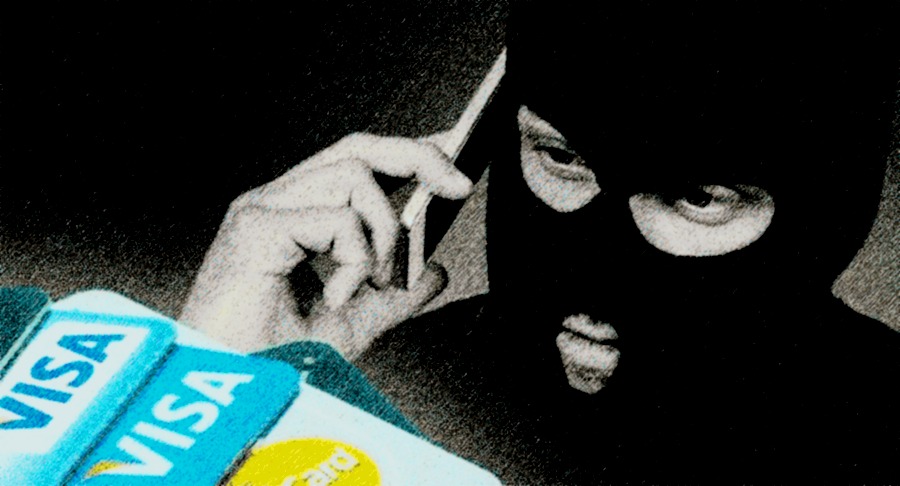CarderPlanet
Professional
- Messages
- 2,549
- Reaction score
- 728
- Points
- 113

Only 1 out of 500 Russians knows exactly what information on a bank card and who can be provided, as well as how to understand that the site is safe when paying on the Internet, according to a study of the international payment system Visa, received by RBC.
The overwhelming majority (98.8%) have incomplete knowledge on this issue, which makes them vulnerable to fraudsters who use social engineering methods to steal money from cards, the company concludes.
The respondents were asked to name the rules for the safe use of cards: make payments only on official websites, do not write down the PIN code from the card, do not share their card details with third parties, etc. About 90% mentioned at least one method. Those who have already had experience of dealing with scammers are best familiar with these rules, and people under 25 are worst of all. The least protected are those who have not encountered fraudsters.
Visa respondents trust those who introduced themselves as bank employees more than they trust the alleged law enforcement officers. However, they are ready to disclose card details and personal information in 15% of cases when talking to a person who introduced himself as a bank employee.
Russians have less confidence in the “representatives of the Central Bank”. But 2% of respondents are ready to disclose to them the access code to the mobile bank, the three-digit code on the back of the card and the payment confirmation code from SMS. 1% is ready to provide such information to imaginary law enforcement agencies.
The most common type of payment data protection among Russians is one-time confirmation codes. They are used by 74% of respondents. But only every fourth person trusts this system. Russians consider two-factor authentication to be the most effective method of protection. She is trusted by 55% of respondents. 39% of respondents consider biometric security methods to be reliable. They are used by 39% of Russians. 12% of respondents believe that there are no effective ways to protect data.

